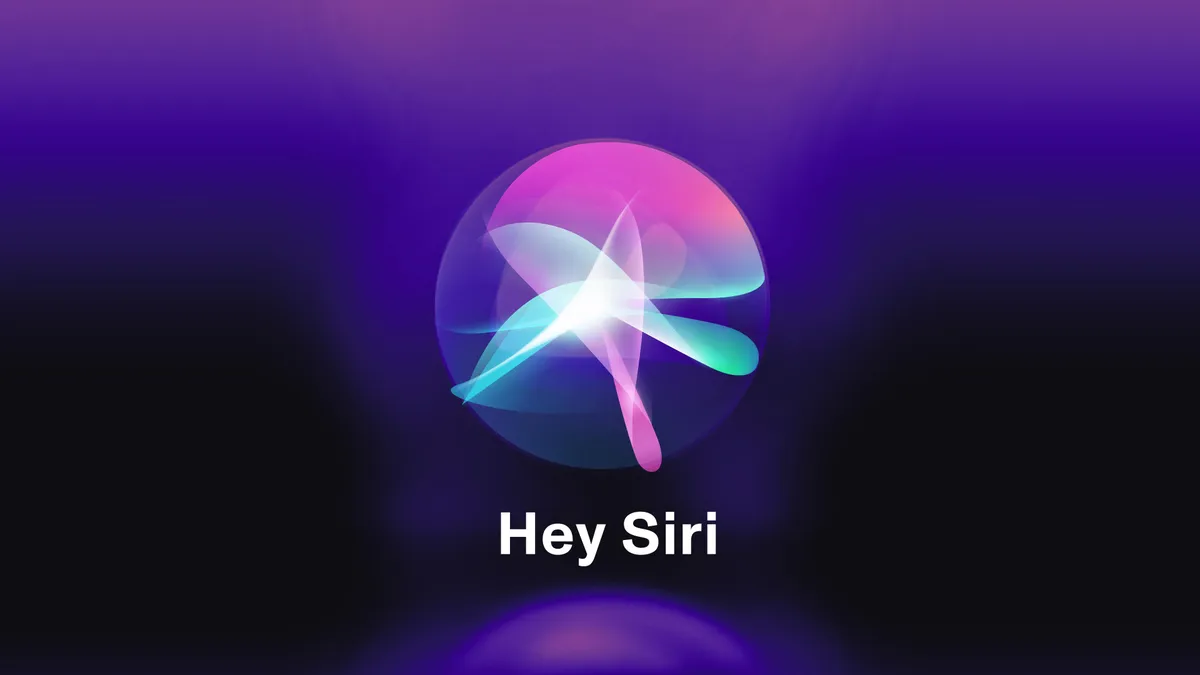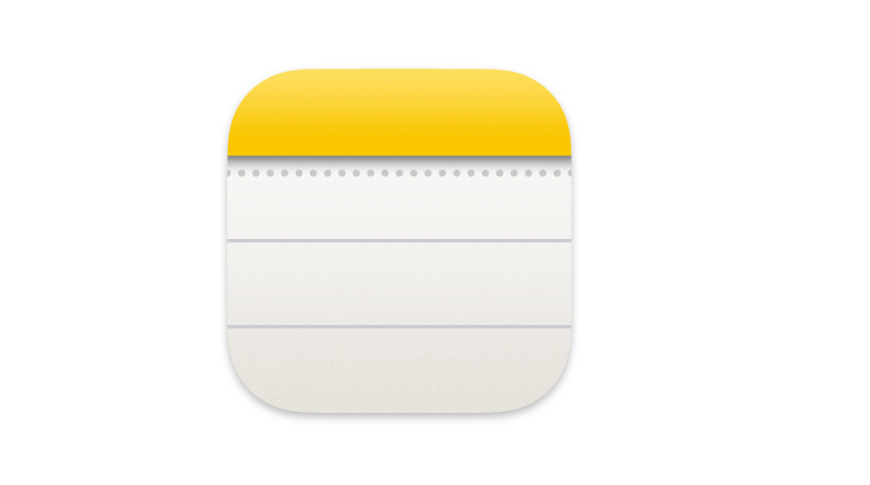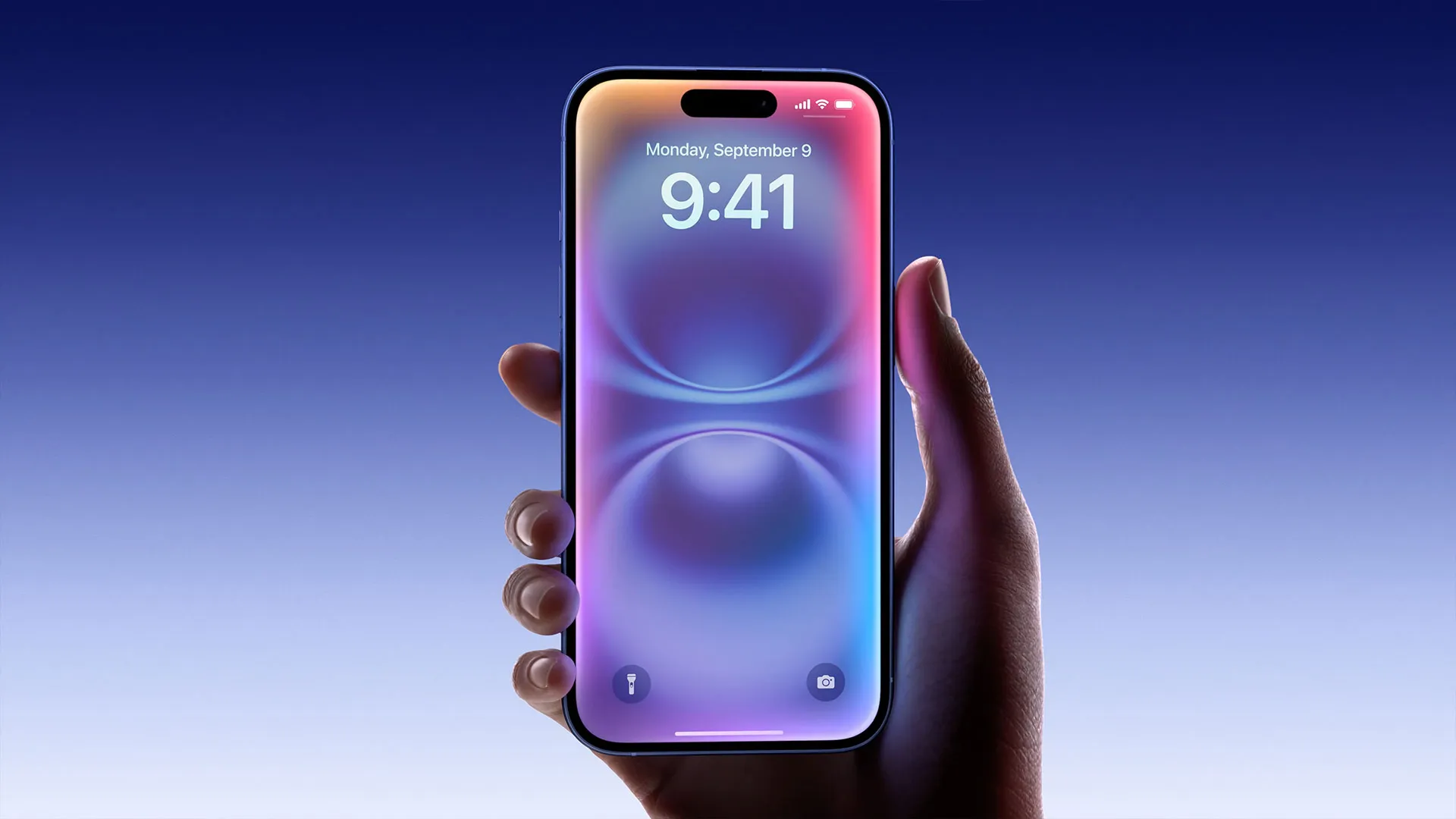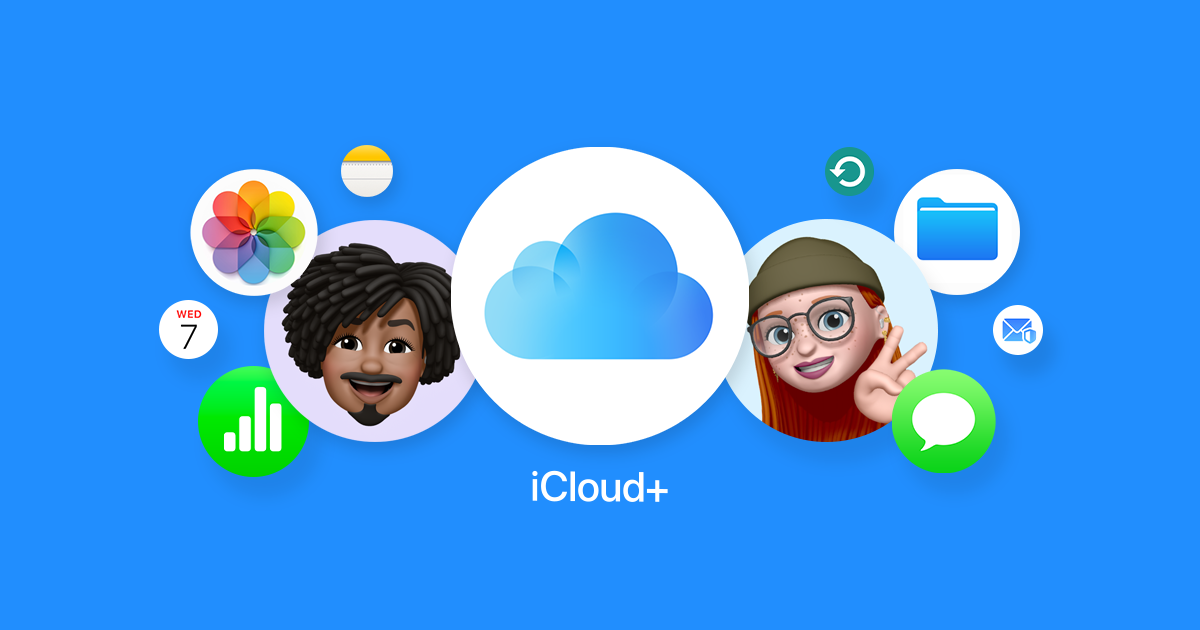Apple recently shared some news that has left fans waiting longer for exciting Siri upgrades. The company said it needs more time to finish some cool new features for Siri, part of its Apple Intelligence plans. It now looks like these updates won’t arrive until iOS 19, instead of the current iOS 18.
In a short statement, Apple explained that Siri has already improved a lot in the last six months. It can chat better, answer questions about products, and even connect with ChatGPT. But the bigger changes—like making Siri smarter about your stuff and helping with tasks across apps—are taking longer to get right. Apple hinted these might roll out “in the coming year,” which could mean anytime in the next 12 months or as late as 2026.
This vague timeline has sparked guesses. Some think “the coming year” ties to Apple’s big WWDC event in mid-2025, pointing to an iOS 19 launch in September 2025 with new iPhones. Others, including tech writer John Gruber, agree this sounds like a shift to iOS 19. News outlets like Reuters and CNBC even reported a 2026 delay, and Apple hasn’t corrected them, making the iOS 19 theory stronger.
These delayed features were first shown at WWDC 2024, with hopes they’d hit iOS 18—maybe in updates like iOS 18.4. Now, it seems they’re set for iOS 19, or perhaps a later tweak like iOS 19.2. The upgrades promise a Siri that remembers your emails, photos, and more, plus better app control.
Apple also pulled an ad for the iPhone 16 that showed off this unreleased Siri skill. In it, actor Bella Ramsey asked Siri to recall a name from a past meeting, and Siri nailed it fast. But with the delay confirmed, Apple quietly removed the ad from YouTube. Two other ads about email and photo features are still up, though.
The wait might stretch further. Some insiders, like Bloomberg’s Mark Gurman, say these Siri tools could slip to 2026 or even get reworked entirely. For now, Apple’s keeping things flexible, but fans are eager for a smarter Siri—whenever it arrives.







